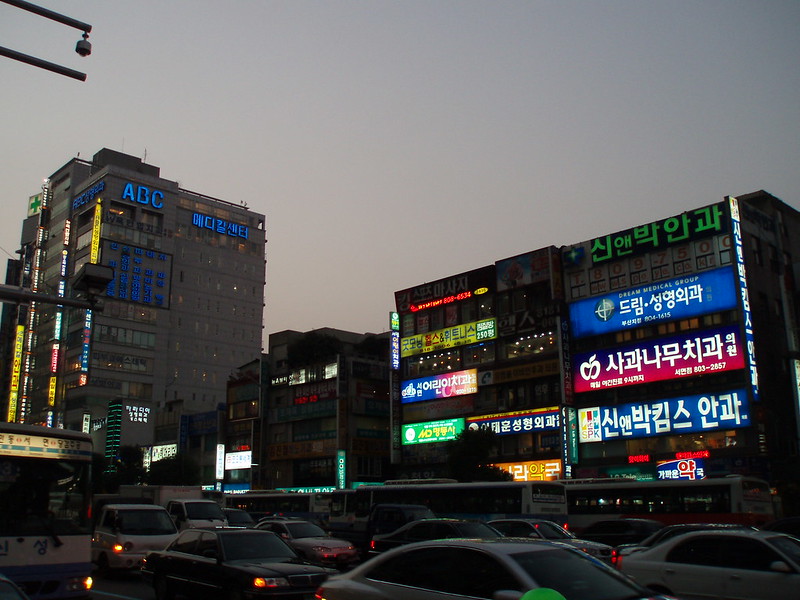Situated on the southernmost tip of the Korean peninsula is Busan, the second-largest city in South Korea. It is also the country’s biggest port city and the main port of call for passenger ferries to and from Jeju Island and Japan. Busan is additionally considered to be South Korea’s summer capital, drawing millions of visitors annually, thanks largely to the length of its beaches (the longest in the entire Korean peninsula) and its proximity to the mountains. Check out our edition of Busan fun facts, top things you need to know before you travel to Busan.
Busan Is Famous For

The Busan International Film Festival (BIFF). The first film festival established in Korea and one of the most important film festivals in Asia. Its aim is to promote the work of up-and-coming Korean directors. It also features selected films from all over the world.
Jagalchi Fish Market. The largest seafood market in South Korea is also where fish and seafood are freshest in the country. Clients can buy and have seafood cooked while they wait in the dining hall upstairs.

Shinsegae Centum City. The largest shopping mall in the entire world boasts of levels upon levels of stores, restaurants, salons, clinics and business centres. It even has levels underground and its own golf course.
Specialty Food. While Korean dishes are known throughout the world, there are regional specialities only found in Busan, such as milmyeon, made with potato starch noodles and bibim dangmyeon or spicy cellophane noodles with fish cake and vegetables.
Spas and Hot springs. Other fun facts about Busan is, it is famous for spas and hot springs. Dongnae in Busan is especially known for its hot springs. The oldest of these springs is a couple of centuries old.
Transportation in Seoul

It’s easy to get around Busan, thanks to its extensive subway and bus system. You can get to almost anywhere in the city via subway, bus or taxi. If you intend to take the subway or the bus frequently while you’re in Busan, you’ll save on fare if you get a Mybi or Hanaro card. These cards are accepted both at the subway and the bus. You can also pay using cash, and it’s highly advised that you bring small change. If you prefer driving, you’ll find it easier to drive through Busan than Seoul. Just have an international driver’s license ready.
Busan Weather, Timezone, and Currency

Busan weather: Busan’s proximity to the ocean makes the weather here much milder and cooler than the country’s inland regions. The temperature often rises up to only 27C in summer and lowers to -6C in winter. Springs and early summers are mild, though late summers can bring humidity and typhoons. Winters are dry and windy. Snow falls approximately only six days a year.
Busan Time zone: As a city on the Korean peninsula, Busan’s time zone is in UTC/GMT+9.

Currency: Just like anywhere else in South Korea, Busan uses the South Korean won. You can pay your way through the city using coins in 10, 50, 100 and 500-won denominations, as well as banknotes in 1000, 5000, 10000 and 50000-won denominations.
Busan Airports

Busan Airports: Busan is currently serviced by Gimhae International Airport (PUS), located west of the city. It is the main hub of Air Busan and is also used by the South Korean military for transport. Around 12 million passengers go through this airport annually. Because of its small size and other limitations, Gimhae will soon be replaced by a new airport in Gadeokdo.
Busan Emergency Contacts

If you need help while in Busan, you just dial 1330 for the Korean Travel Hotline. You can access the hotline 24 hours a day, seven days a week. The operators speak English, Korean, Japanese and Chinese. However, if you’re not in an emergency situation and you just need, say, an interpreter for your taxi driver, bus or subway routes, restaurant locations, and the like, you can dial 102+9 for the foreign language service.
That’s pretty much Busan fun facts you should know about. You can also easily find a halal restaurant in Busan. Book your trip to Busan today!


Leave a reply